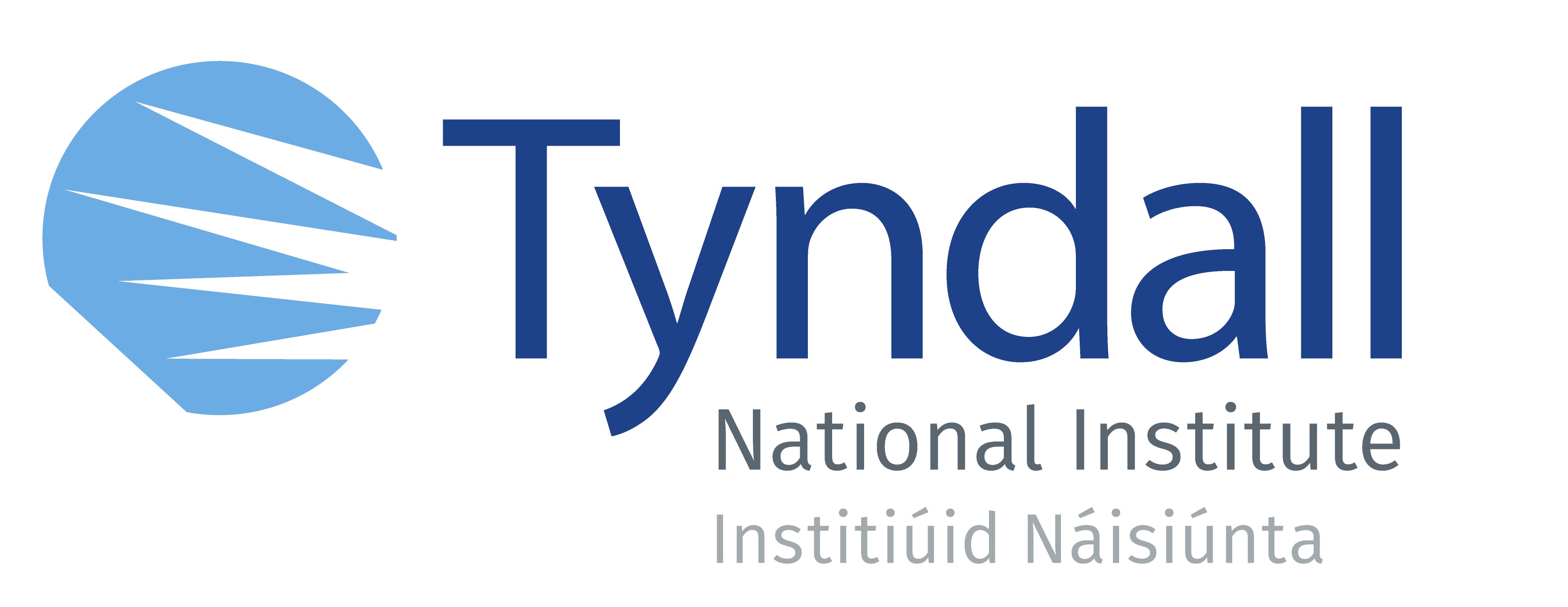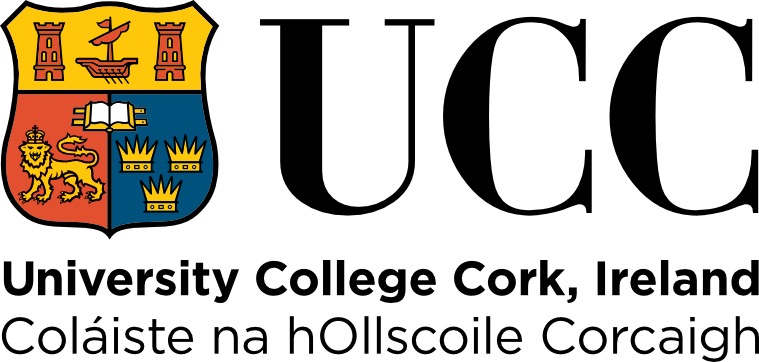A EuroHPC Success Story: Dr Ji Liu

A EuroHPC Success Story: Dr Ji Liu
Dr Ji Liu completed his PhD at Nanyang Technological University in Singapore. Since 2019 Dr Liu has been working as a Postdoc Researcher at Tyndall National Institute, Cork, and his current research is focusing on the design and simulation of atomic layer deposition processes of metals and metal oxides.
Dr Liu has been successful with two proposals to EuroHPC. His first was titled ‘Rational Design of Nonprecious Metal Oxides for Electrocatalytic N2 Reduction Reaction’ and his most recent proposal is tilted ‘Atomic layer deposition for low-temperature integration of epitaxial functional complex oxides in photonic devices’. For the propose of this interview we will focus on Dr Liu’s most recent proposal.
What is the context and what are the goals of your project?
The main objective of the project is to use simulation to understand the chemistry required to promote direct low-temperature deposition of oriented crystalline ferroelectric films with ALD, BaTiO3 (BTO) and Hf0.5Zr0.5O2(HZO) in my project.
What is the call type and running date for your proposal?
My call is for regular access and it’s running for 12 months from March 2024 to March 2025.
What are the detail of your resources node hours?
I am using 104,400 node hours.
Which EuroHPC platform(s) have you gained access to?
I am using HPC Vega which is based in Slovenia.
What was your motivation for applying to EuroHPC?
One of the main reasons I applied to use the EuroHPC service was the computing times it offers. The project I am currently working on is on a big scale and needs a lot of computing time. The EuroHPC has much faster speeds compared to Kay, the old supercomputer offered on National Service, but since moving across to MeluXina I am impressed by the speeds it offers.
What was your experience of the application process and your overall satisfaction levels with the EuroHPC service?
The application proposal consisted of some general questions and then moved onto much more detailed questions. I had to give in-depth reasons for my proposal and discuss why I wanted to use the EuroHPC service.
Did ICHEC support you adequately and if so how?
Yes, ICHEC supported me during the application process. While completing my application I emailed ICHEC support and asked them to review my application. They got back to me with some feedback which I used in my application.
Would you have any advice for any Irish researchers who may be considering following your example?
I would advise keeping an eye on the EuroHPC website as this has information about all the open calls and the application deadlines. I would also suggest with your Line Manager as they can advise and help you with the application process.





